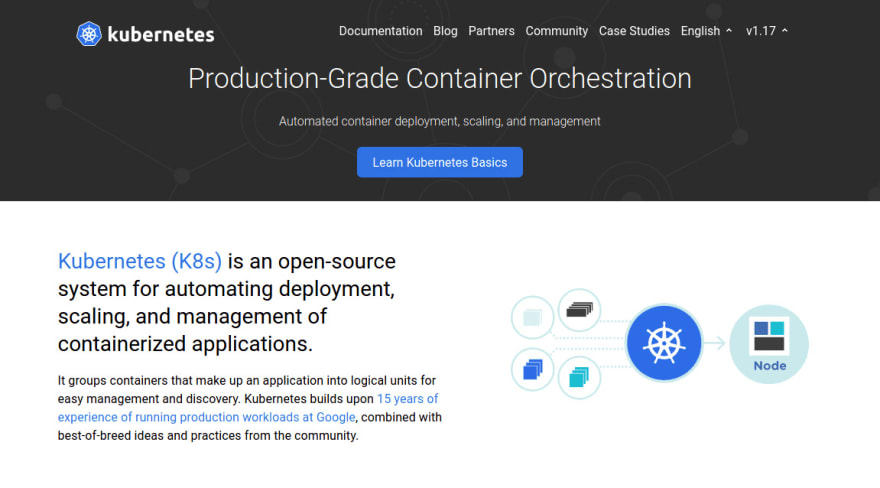This content originally appeared on DEV Community and was authored by Bambam
Kubernetes
has become a buzzword in the world of modern application development and deployment. But what is Kubernetes, and why has it become so popular?
Kubernetes is an open-source platform for automating the deployment, scaling, and management of containerized applications. It was originally developed by Google and is now maintained by the Cloud Native Computing Foundation (CNCF). Kubernetes is designed to be highly scalable and resilient, making it an ideal platform for running applications in the cloud.
So, what are containers, and why are they so important in the world of Kubernetes? Containers are a lightweight and portable way to package and deploy applications. They isolate the application from the host system, making it easier to run the application on different environments. Containers are a key component of Kubernetes, as they allow applications to be easily deployed and managed across multiple hosts.
Kubernetes provides a powerful set of tools for managing containerized applications. It allows developers to define the desired state of their applications, and Kubernetes takes care of the rest. This includes managing the deployment of containers, scaling the application up or down based on demand, and monitoring the health of the application.
One of the key benefits of Kubernetes is its ability to automate many of the tasks associated with managing containerized applications. This makes it easier for developers to focus on building their applications, rather than worrying about the underlying infrastructure. Kubernetes also provides a high level of flexibility, allowing developers to choose the tools and technologies that work best for their applications.
In addition to its powerful features for managing containerized applications, Kubernetes also provides a number of benefits for operations teams. It allows for easy management of multiple clusters, provides built-in load balancing and service discovery, and provides a robust set of security features.
So, why has Kubernetes become so popular? In short, it provides a powerful set of tools for managing containerized applications, making it easier and more efficient to develop, deploy, and manage applications in the cloud. With its flexibility, scalability, and automation capabilities, Kubernetes has become the de facto standard for container orchestration and has transformed the way that modern applications are developed and deployed.
In conclusion, Kubernetes is a powerful platform for managing containerized applications that has become an essential tool for modern application development and deployment. With its advanced features for automation, scalability, and flexibility, Kubernetes is transforming the way that applications are developed and deployed, making it easier and more efficient to manage applications in the cloud.
If you're interested in learning more about the benefits of using Kubernetes for containerized applications and to see how this platform can help you simplify your application deployment process and achieve greater scalability. Check out our article on the benefits and best practices for deploying your applications with Kubernetes. From choosing the right tools to setting up your clusters, we've got you covered with everything you need to know to get started.
If you found this helpful , leave a heart and be sure to follow, so you can become a part of the community.
This content originally appeared on DEV Community and was authored by Bambam
Bambam | Sciencx (2023-03-31T03:19:08+00:00) What is Kubernetes ?: The Future of Cloud-Native Application Development.. Retrieved from https://www.scien.cx/2023/03/31/what-is-kubernetes-the-future-of-cloud-native-application-development/
Please log in to upload a file.
There are no updates yet.
Click the Upload button above to add an update.

